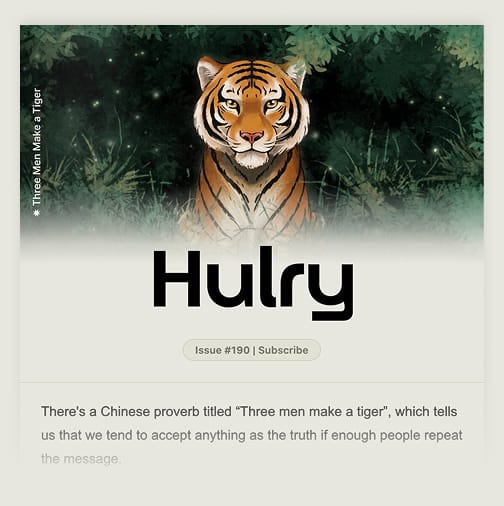Experiences and expectations are two parts of a chemical reaction that produces happiness.
Confused?
Let's understand this with a story:
In March, I announced in my newsletter that my upcoming book, Kokoro, was open for pre-orders.
I had been working hard on this book every day for over a month, and I wanted to ensure that people liked the idea of this book before I invested another two months in it.
Ten minutes after sending the newsletter, I made the first sale, with more sales trickling throughout the weekend.
But after two days of pre-orders from my existing readers, I wasn't too happy with the outcome.
The sales figures were good. I had pre-orders worth hundreds of dollars, but they fell short of my expected figure — $1,000 of pre-orders by the weekend.
A week before the pre-order announcement, I had read Noah Kagan's book Million Dollar Weekend, which challenged the reader to launch a business and generate $1,000 in net revenue all within a weekend.
Inspired by the challenge and the timing, I calculated the number of copies I needed to sell to reach that figure.
I used a staggered pricing structure for the book: $10 for the first ten customers, $15 for the next twenty, etc. To make $1,000 in pre-orders, I needed to sell 60 copies of the book.
I sold 29 copies that week — half of my target number.
Now that I reflect on those days, I feel delighted and grateful that 29 people trusted me enough to pay good money for a book I haven't yet finished writing, yet.
But at the time, I felt a bit sad. My expectations didn't match the reality. I fell short of the $1,000 goal.
Compare that to last Friday, when I was at the gym, I heard a ka-ching sound on my phone.
Gumroad sends me an alert for every new sale of my digital products.
Earlier that day, I sent a newsletter with a blog post about using Notion as a project tracker. The post included a pre-made template I had put up for sale for a nominal fee.
I thought I must have sold a copy of that template. When I pulled out my phone, I was overjoyed to see that I had sold a copy of my book instead.
I didn't expect that.
And although this sale was tiny compared to what I sold over the pre-launch weekend, I felt much happier than I did then. This one sale made my day.
It's funny how the dial of expectations can tweak how happy we feel about outcomes.
The same happens with travel and other daily experiences like restaurants, movies and books.
When you overhype a destination in your mind through carefully polished Instagram reels, photos, and reviews, the experience rarely makes you happy, especially if it has been a tiring journey.
The destination might be good, but it doesn't live up to the skyscraper of an expectation you've built up in your mind.
So, should we not expect anything at all?
As Charlie Munger famously put it:
The secret to happiness is to lower your expectations...that is what you compare your experience with. If your expectations and standards are very high and only allow yourself to be happy when things are exquisite, you’ll never be happy and grateful.
The key here is keeping expectations realistic.
Returning to the chemical reaction analogy in the beginning, there's a term in chemistry called activation energy — the minimum amount of energy required to trigger a chemical reaction.
Keeping low expectations means keeping the activation energy of your happiness low.
With realistic expectations, even a moderate level of awe and achievement can trigger daily happiness because the hurdle of expectations is not too high.
A good way of doing this is to focus on what feels right to you rather than building expectations based on others.
Income, goals and possessions are prime examples.
A comfortable annual income might suddenly feel lacking when your peer or the next-door neighbour makes double your takeaway salary.
Your good-enough car might seem less appealing after seeing your friend flaunting a more luxurious one on Instagram.
My book's pre-launch made me feel lacking because I set my target based on someone else's standards.
When we engage in this game of social comparison, we race to exceed high expectations based on the premise that “If they could, I could, too.”
This raises your happiness activation energy so high that you cannot enjoy achievements and experiences unless they are extraordinary.
Most daily experiences are not extraordinary. They're quite normal.
Keep happiness flowing in your life, even with modest daily experiences, by keeping expectations at the ground level.
It's a simple but utterly unused life hack.



 In-depth articles, series and guides
In-depth articles, series and guides


